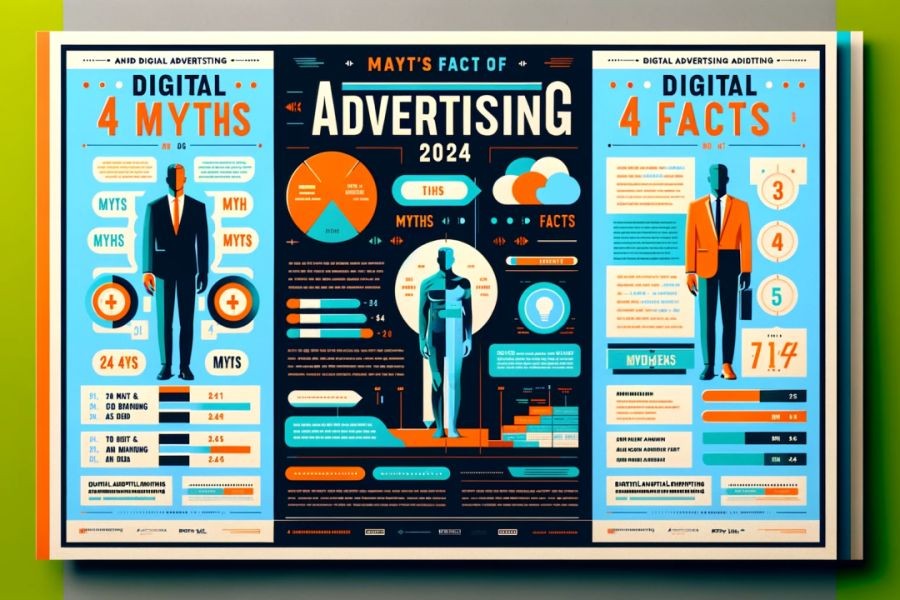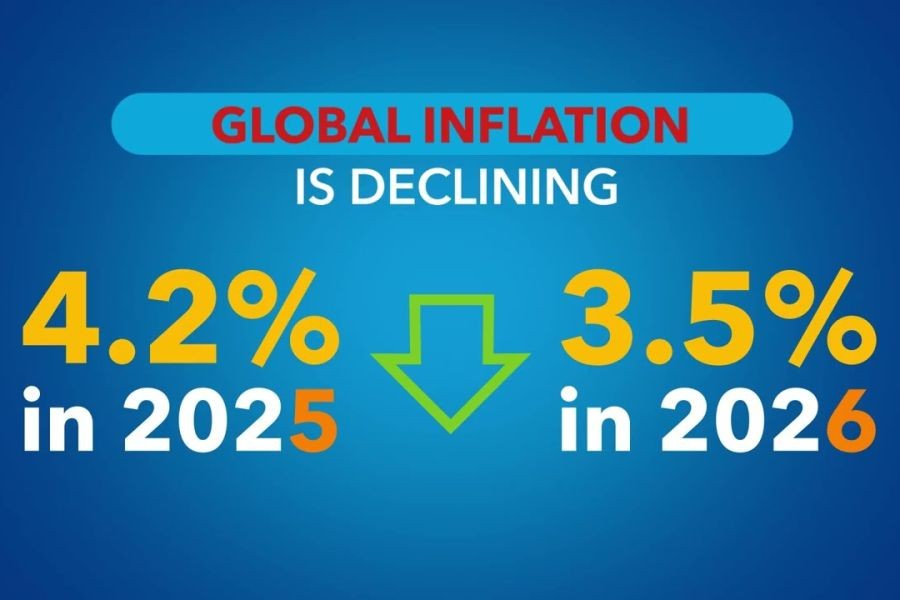In an era dominated by digital advertising, global giants like Google and Facebook have crafted a narrative of unbridled success and unparalleled reach. However, beneath the surface, the complex world of digital ads reveals nuances that these tech behemoths might prefer to keep under wraps. As businesses in New Zealand and beyond pour billions into digital marketing, understanding these hidden layers is crucial for informed decision-making. With New Zealand’s digital ad spend projected to reach NZD 1.5 billion by 2025, it’s imperative to navigate this landscape astutely, leveraging insights that drive success amid evolving industry dynamics.
The Pros and Cons of Digital Advertising
Digital advertising offers businesses the promise of targeted reach and measurable outcomes. However, it’s essential to weigh these advantages against potential pitfalls.
✅ Pros:
- Precision Targeting: Digital platforms offer unparalleled targeting capabilities, allowing businesses to reach specific demographics, interests, and behaviors. This precision can lead to higher conversion rates and improved ROI.
- Measurable Results: Unlike traditional advertising, digital ads provide real-time analytics, enabling businesses to track performance and optimize campaigns on the fly.
- Scalability: Whether you're a small Kiwi startup or a large corporation, digital ads can be scaled to fit any budget, ensuring accessibility for businesses of all sizes.
- Enhanced Engagement: Interactive ad formats on platforms like Facebook and Instagram foster increased user engagement, helping build brand loyalty.
❌ Cons:
- Ad Fatigue: The sheer volume of ads can lead to consumer disinterest and decreased effectiveness over time.
- Privacy Concerns: Data privacy issues, highlighted by regulations such as New Zealand's Privacy Act, are increasingly significant, affecting how businesses collect and use consumer data.
- Complex Algorithms: The algorithms that govern ad placement and visibility are often opaque, making it challenging for businesses to understand and optimize their ad strategies fully.
- Cost Variability: While digital ads can be cost-effective, competition for keywords and placements can drive prices up, impacting smaller businesses with limited budgets.
How Digital Advertising Works: A Deep Dive
Understanding the mechanics of digital advertising is key to leveraging its potential. At its core, digital advertising operates on sophisticated algorithms that determine ad placement based on user data, behaviors, and preferences.
The Role of Algorithms
Google's ad platform, for example, uses a combination of auction-based systems and quality scores to determine ad placement. This system, while effective in optimizing user experience, can be opaque and difficult to navigate for advertisers. Facebook, on the other hand, employs machine learning to personalize ad delivery, enhancing relevance but also raising concerns about data usage and privacy.
Data-Driven Strategies
In New Zealand, where digital adoption is high, businesses are increasingly relying on data analytics to refine their ad strategies. A study by Stats NZ revealed that businesses leveraging data-driven approaches saw a 27% increase in ad effectiveness, underscoring the importance of analytics in modern advertising.
Case Study: New Zealand’s Tourism Sector
Amidst the global pandemic, New Zealand's tourism industry faced unprecedented challenges. However, by harnessing digital advertising, several companies managed to pivot successfully.
Problem: Tourism New Zealand needed to attract domestic travelers as international borders remained closed. The challenge was to create engaging campaigns that resonated with Kiwis.
Action: The organization implemented a data-driven digital campaign, utilizing social media platforms to target specific demographics with personalized travel experiences.
Result: Within six months, domestic tourism bookings saw a 40% increase, with digital ads driving over 60% of new bookings.
Takeaway: This case study highlights the efficacy of targeted digital advertising in engaging local audiences and driving tangible results.
Common Myths & Mistakes in Digital Advertising
Myth vs. Reality
- Myth: "Digital ads guarantee instant success."
- Reality: Success depends on multiple factors, including targeting accuracy, ad quality, and market conditions. A well-crafted strategy is essential for genuine impact.
- Myth: "More budget equals better results."
- Reality: Effective ads are about precision and relevance, not just expenditure. A smaller, well-targeted campaign can outperform a larger, unfocused one.
- Myth: "Digital advertising is set-and-forget."
- Reality: Continuous monitoring and optimization are crucial. Neglecting ongoing adjustments can lead to wasted spend and suboptimal performance.
Costly Mistakes to Avoid
- Ignoring Privacy Regulations: Failure to comply with privacy laws can result in significant fines and damage to brand reputation. Solution: Stay informed and ensure compliance with New Zealand's Privacy Act.
- Overlooking Mobile Optimization: With over 80% of Kiwis using smartphones, mobile-friendly ads are essential. Solution: Design ads with mobile users in mind, focusing on speed and accessibility.
- Neglecting A/B Testing: Without testing different ad versions, businesses miss out on optimization opportunities. Solution: Regularly conduct A/B tests to refine ad elements and improve performance.
Controversial Take: The Hidden Costs of Digital Advertising
While digital advertising is often touted as cost-effective, hidden expenses can impact ROI. The competitive bidding process can inflate costs unexpectedly, particularly for popular keywords. Moreover, without proper oversight, ad fraud—where fraudulent clicks deplete budgets without delivering value—can erode returns.
In New Zealand, where digital ad budgets are increasingly scrutinized, businesses must adopt vigilant monitoring and robust fraud prevention strategies to safeguard their investments.
Future Trends & Predictions
The future of digital advertising in New Zealand is poised for transformation. By 2026, industry experts predict a significant shift towards AI-driven ad placements, enhancing personalization but also necessitating stronger privacy measures. Additionally, as consumer expectations evolve, immersive technologies like augmented reality are expected to play a larger role in ad experiences, offering new avenues for engagement.
Final Takeaways
- New Zealand businesses must prioritize data-driven strategies to enhance ad effectiveness.
- Understanding and navigating privacy regulations is crucial for sustainable success.
- Continuous optimization and vigilant monitoring are essential to maximize ROI.
- Embracing emerging technologies can offer a competitive edge in a dynamic market.
As digital advertising continues to evolve, staying informed and adaptable will be key to thriving in this ever-changing landscape. What strategies are you using to optimize your digital ads? Share your thoughts and join the conversation!
Related Search Queries
- Understanding digital advertising in New Zealand
- How to maximize digital ad ROI
- Privacy regulations for digital marketing
- Future trends in digital advertising
- AI in digital marketing
































marcus
10 months ago